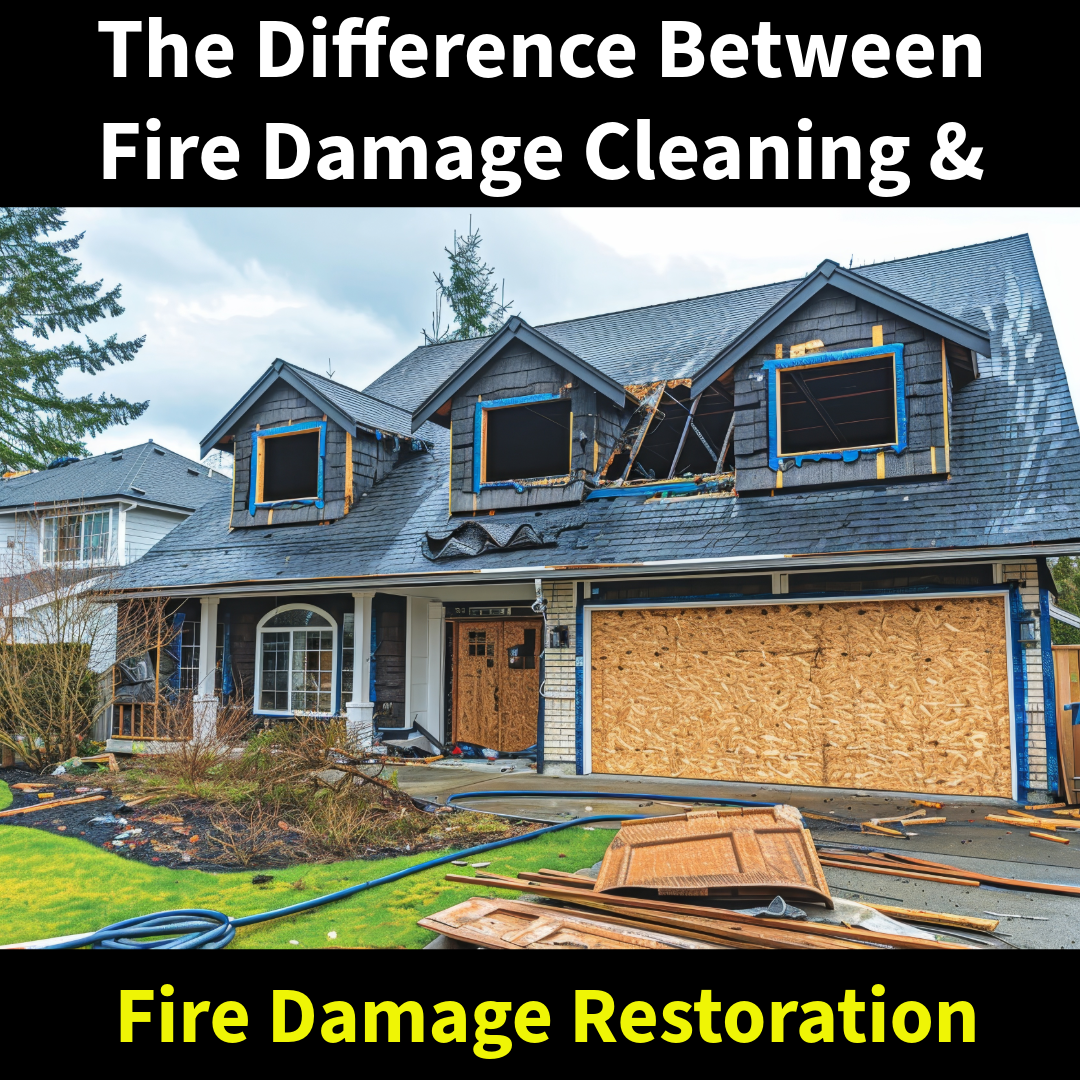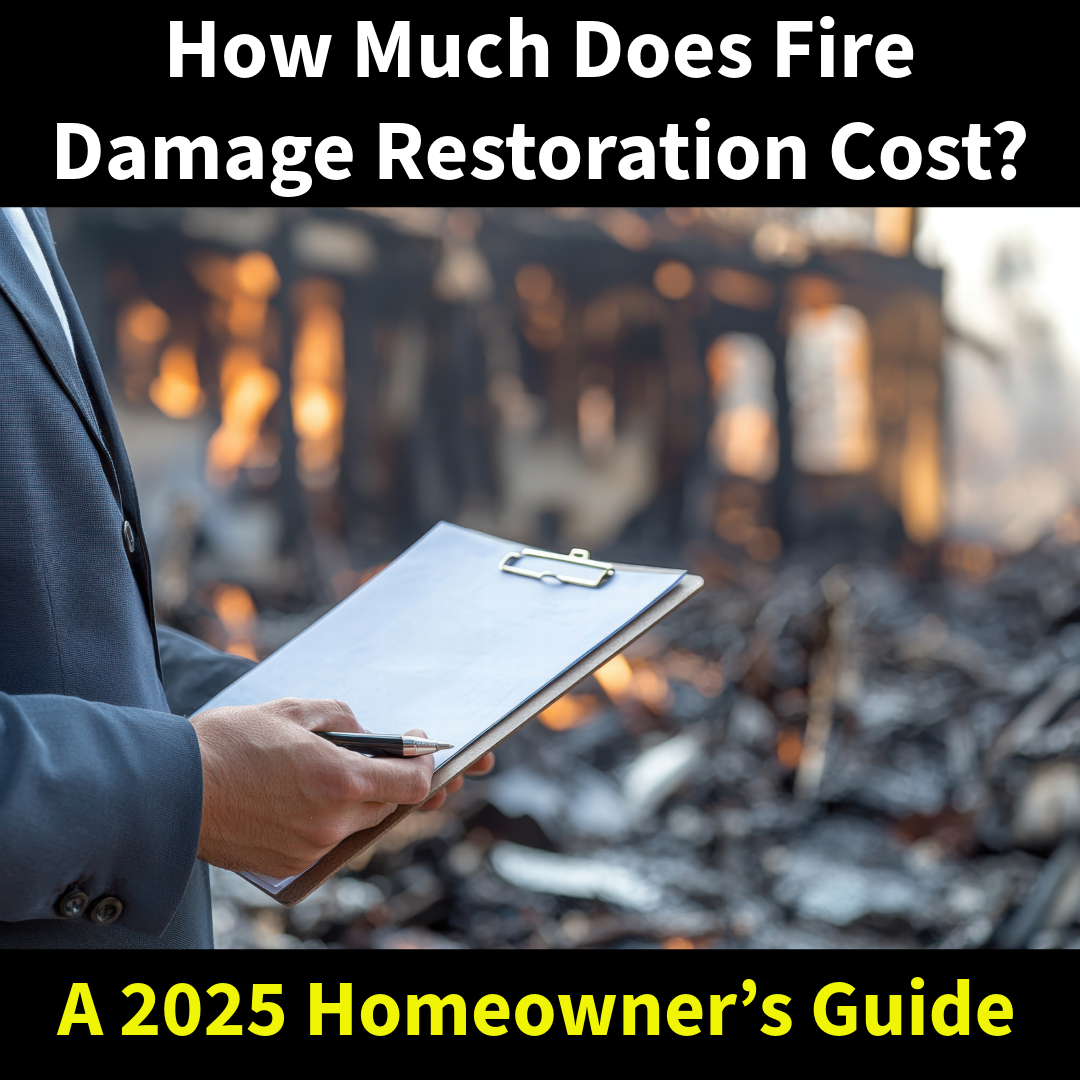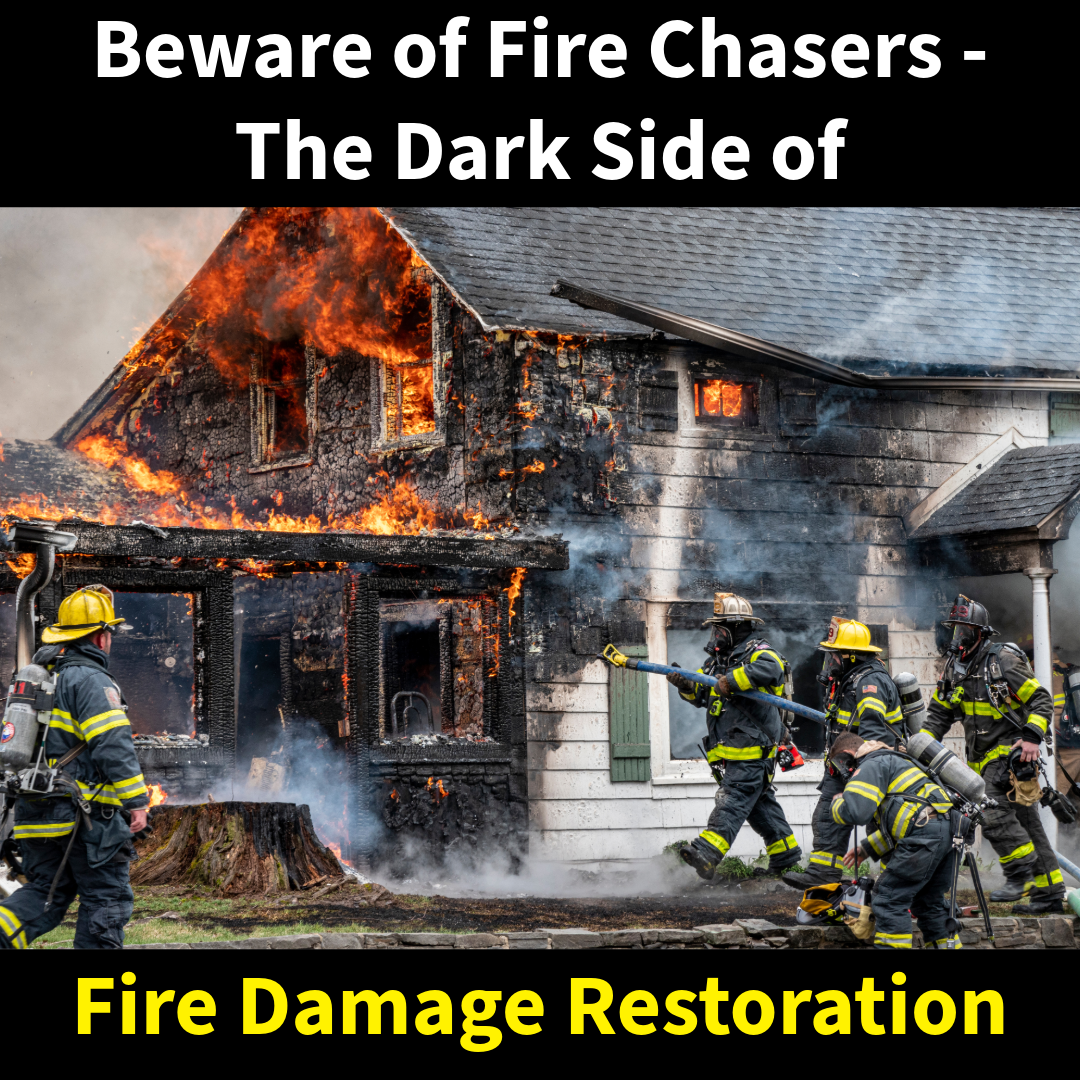After a fire, it’s natural to want your property cleaned up as quickly as possible. But there’s a big difference between a simple “fire cleanup” and a full fire damage restoration. While cleaning may make things look better on the surface, restoration ensures your home or business is truly safe, structurally sound, and free from hidden damage.
At MSI, we’ve seen many cases where homeowners thought their property was “cleaned” after a fire—only to find lingering smoke odors, soot stains, or even hidden health hazards weeks later. Here’s why understanding the difference matters.
What Fire Damage Cleaning Usually Means
- Surface-Level Work – Many cleaning crews focus on wiping down visible soot or debris but don’t address hidden contamination.
- Odor Cover-Ups – Basic cleaning often relies on air fresheners or sprays that mask smoke smells temporarily instead of removing them.
- Cosmetic Results Only – Cleaning may make the home look livable but doesn’t address the damage beneath walls, inside ducts, or in porous materials.
What True Fire Damage Restoration Involves
- Comprehensive Assessment – Restoration begins with inspecting not just what you can see, but also HVAC systems, insulation, and structural materials where smoke and soot hide.
- Advanced Soot & Smoke Removal – Using HEPA vacuums, air scrubbers, and specialized techniques, restoration removes contamination at the microscopic level.
- Odor Elimination – Professional methods neutralize smoke odors permanently, instead of covering them up.
- Structural and Safety Repairs – Restoration includes repairing or replacing fire-damaged materials to return your property to a safe, pre-loss condition.
- Insurance Documentation – A true restoration team documents all damage and repairs so your insurance claim reflects the real scope of loss.
Why This Difference Matters
Choosing cleaning instead of restoration might save money up front, but it often leads to:
- Persistent smoke odors that never go away
- Hidden soot exposure that affects indoor air quality
- Structural problems that resurface months later
- Insurance disputes when damage wasn’t documented properly
When fire strikes, your home or business deserves more than a cosmetic cleanup. You need a full restoration to protect your property and your health.
Trust MSI for Complete Fire Damage Restoration
At MSI, we don’t just clean—we restore. Our certified team uses proven methods to remove hidden soot, neutralize odors, and repair the damage the right way. We’ve helped countless homeowners and businesses recover safely after fire, and we can do the same for you.


